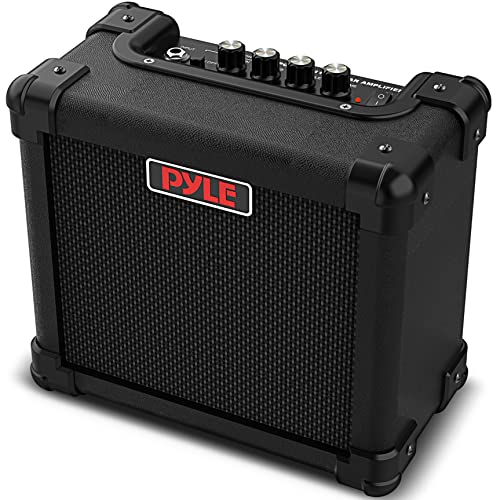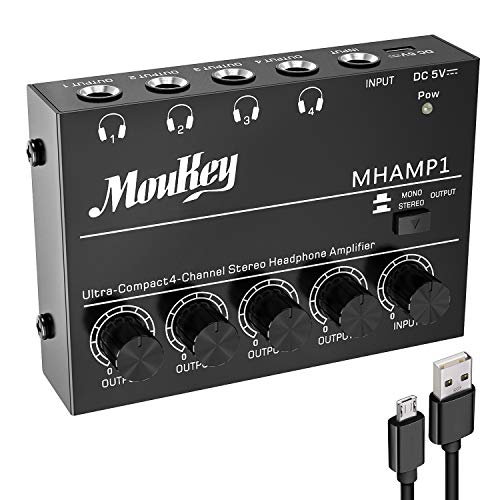user 41014
Well-known member
- Joined
- Jan 13, 2018
- Messages
- 486
- Reaction score
- 223
Mark,I wouldn’t use carbon composite for screen resistors, I personally prefer metal oxide as they are very durable.
Randall Aiken on resistors
I had carbon composite resistors in my Mark 1 amp and the resistor values drifted up as high as 2K, it’s amazing the CC resistors in your amp were so stable. Don’t order 0.047uF polystyrene caps (715/716) get polyester caps 225 or 6PS etc.
I’d be inclined to get rid of the four Dale resistors and just use 1 watt carbon film resistors. I have yet to see a You Tube clip where they demonstrate the tonal difference between resistor types. Carbon Composite resistors are notoriously noisy, you don’t want them in a high gain or early stages of an amp as the noise is amplified throughout the amp.
Coupling the signal from the gain stage to the normal input of amp is done with a 0.01uF cap. You can use anything from 0.001uF to 0.01uF in the amp. It depends on the bass response you are after.
Regards
Mark
Why do you use polyester over polystyrene? Is it for tone? I think of polyester as the cheaper both in price and quality.
Those CC screens are "new" Allen Bradley's. I get that the carbon comps are inferior in every way but one. Dissipating energy surges however is an advantage that gets overlooked in the noise/quality discussion. I am about to change the voltage dropping film's to CC on the PS board.
The metal films (could have been oxide but I think film) I pulled tested great. I am not smart enough to say the energy surge advantage is worth having but all my Marks except this one use CC screens.
Since my signal coupling cap is right at the upper range of .001-.01uF, does that mean I'm at the tightest bass response?
Carbon or metal film wouldn't look as out of place as the Dale plate R's. Not that I mind Dale but the 50k vs 82k ohm still has me scratching my head.
Last edited:





























